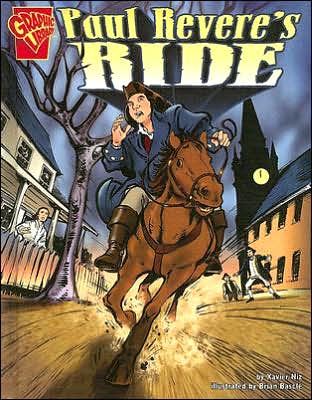
John Dickinson drafted the Olive Branch Petition, which was adopted by the Second Continental Congress on July 5 and submitted to King George on July 8, 1775. It was an attempt to assert the rights of the colonists while maintaining their loyalty to the British crown. King George refused to read the petition and on August 23 proclaimed that the colonists had "proceeded to open and avowed rebellion.










